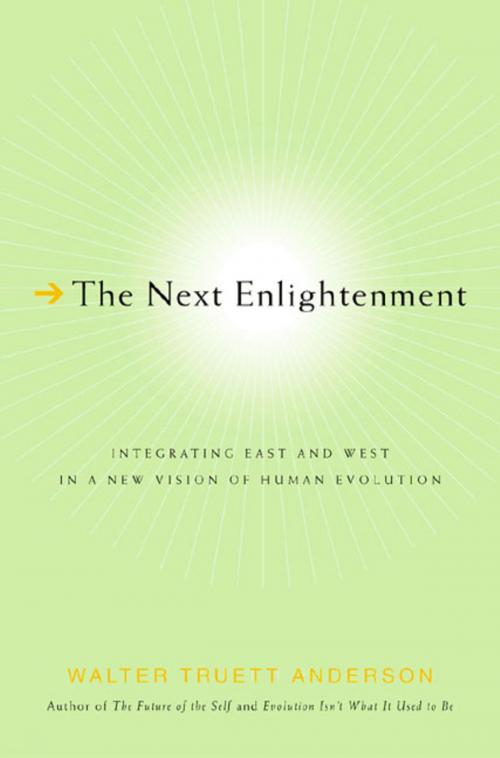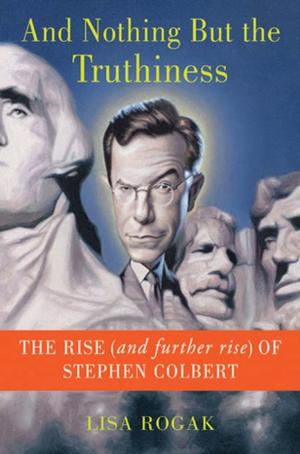The Next Enlightenment
Integrating East and West in a New Vision of Human Evolution
Nonfiction, Religion & Spirituality, Philosophy, Religious| Author: | Walter Truett Anderson | ISBN: | 9781466891869 |
| Publisher: | St. Martin's Press | Publication: | March 10, 2015 |
| Imprint: | St. Martin's Press | Language: | English |
| Author: | Walter Truett Anderson |
| ISBN: | 9781466891869 |
| Publisher: | St. Martin's Press |
| Publication: | March 10, 2015 |
| Imprint: | St. Martin's Press |
| Language: | English |
In The Next Enlightenment, Walter Truett Anderson treats Eastern spiritual traditions and Western philosophy, psychology and science as steps along the same evolutionary path rather than as completely separate and incompatible schools of thought.
In the opening chapters, he looks at five different "Liberation Movements" that emerged in the modern world: the eighteenth century European Enlightenment; the nineteenth century upheaval resulting from the publication of Darwin's Origin of Species; and in the twentieth century, existentialism, psychoanalysis, and the human potential movement of the 1960s and 1970s. He then argues that this century's next surge of thought and action will regard the exploration of the physical universe and the study of human consciousness as two sides of the same coin, and equally important, come to understand personal enlightenment as a natural process of growth rather than a supernatural gift bestowed upon a chosen few.
Elegantly argued and written with a sense of humor, The Next Enlightenment offers a refreshing vision of how the ancient quest for enlightenment is taking on new life in a rapidly-changing, globalizing world.
In The Next Enlightenment, Walter Truett Anderson treats Eastern spiritual traditions and Western philosophy, psychology and science as steps along the same evolutionary path rather than as completely separate and incompatible schools of thought.
In the opening chapters, he looks at five different "Liberation Movements" that emerged in the modern world: the eighteenth century European Enlightenment; the nineteenth century upheaval resulting from the publication of Darwin's Origin of Species; and in the twentieth century, existentialism, psychoanalysis, and the human potential movement of the 1960s and 1970s. He then argues that this century's next surge of thought and action will regard the exploration of the physical universe and the study of human consciousness as two sides of the same coin, and equally important, come to understand personal enlightenment as a natural process of growth rather than a supernatural gift bestowed upon a chosen few.
Elegantly argued and written with a sense of humor, The Next Enlightenment offers a refreshing vision of how the ancient quest for enlightenment is taking on new life in a rapidly-changing, globalizing world.















